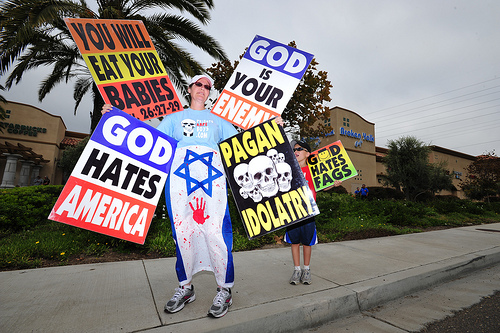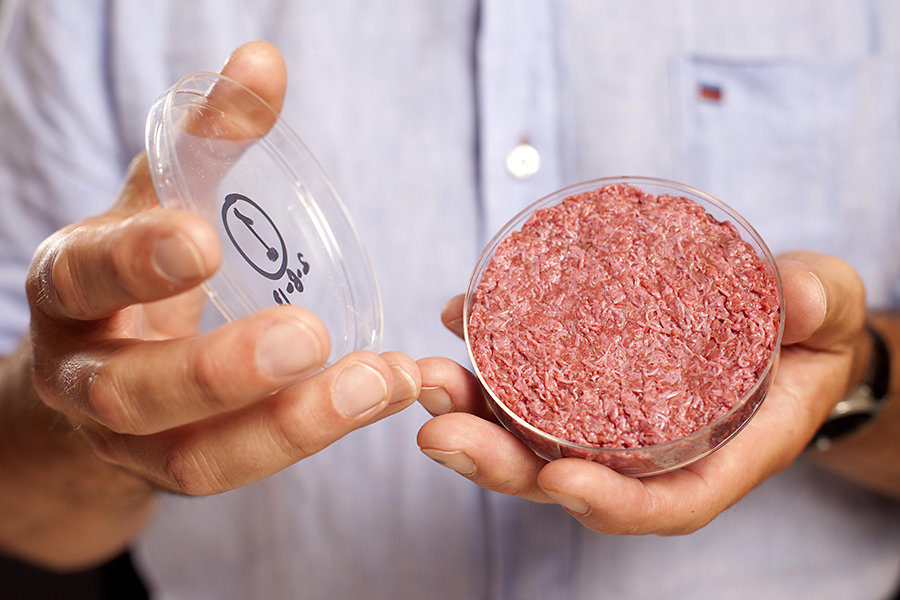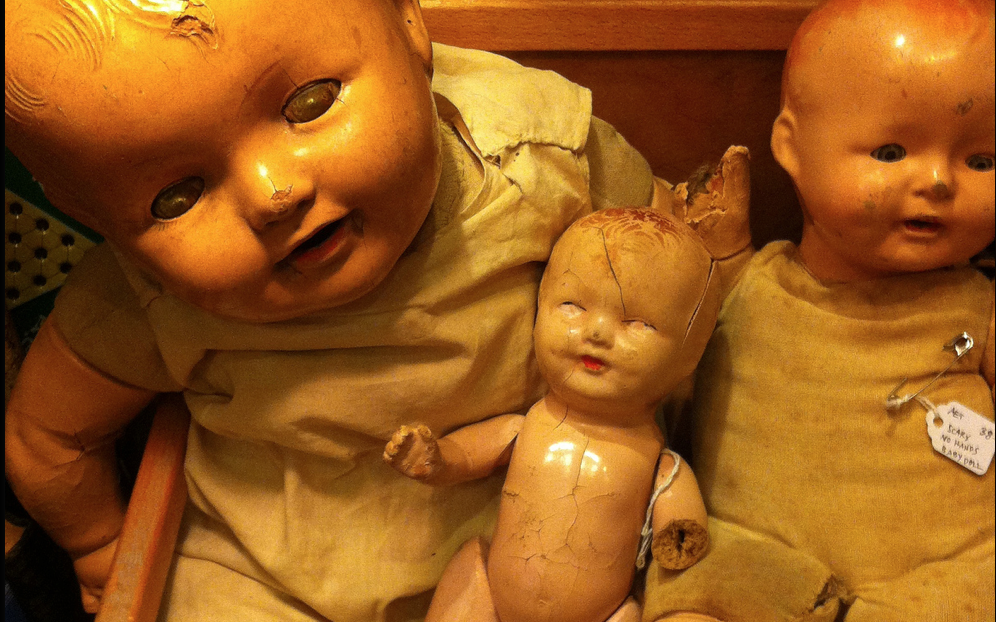AI: (Un)Conditional Love
I had an interesting conversation with a friend while hiking the other day regarding love. This person told me that there is no such thing as unconditional love. All love is conditional.  My friend claims only to love people and things based upon conditions. If the conditions change then the feelings change as well. The main argument being, that you love your husband, wife, partner, lovers, friends etc based upon how they act and what they do. If they were to suddenly stop behaving in ways that you approve of, you would no longer feel the same way about them.
My friend claims only to love people and things based upon conditions. If the conditions change then the feelings change as well. The main argument being, that you love your husband, wife, partner, lovers, friends etc based upon how they act and what they do. If they were to suddenly stop behaving in ways that you approve of, you would no longer feel the same way about them.
I argued at first and said things like, “…but what about children? You still love them when they  misbehave….and you can love people for all the wrong reasons and what about ROMANCE! What about TRUE LOVE, DAMMIT!”  I shook my fist in the air and stomped my feet in the dirt to emphasize my point.
My friend calmly countered by saying that those are still conditions that affect how we perceive the people that we feel love for.
So what do you think? Can you actually love someone unconditionally? Or is all love based on conditions and perceived situations? Is there something that your true love could do that would make you stop loving them or something someone you dislike could do that would then cause you to feel love?
The Afternoon Inquisition (or AI) is a question posed to you, the Skepchick community. Look for it to appear Tuesdays, Thursdays, Saturdays, and Sundays at 3pm ET.





I have to agree with your friend. That’s why one of my rules is “never get a person’s name tattooed on your body.”
I also agree with you friend but I have my sons name tattooed on me. I’ll always love my son no matter what he does but its because he’s my son.
The only way to love unconditionally would be to literally love everyone no matter who they are what they do or who you know them. I don’t know anyone that truly does that though some may claim to.
I think we all want to believe in unconditional love but, I think everyone has their price. For instance in my case I stopped loving my ex the minute she left me. I can put up with a lot but there’s just some things you just can’t get past. Maybe it’s just me.
All love is conditional. Everything is conditional, in fact. What we call unconditional love is just being able to handle a large number of those conditions. Calling it conditional only sounds bad because it connotes capriciousness.
I also agree that love is conditional. Unconditional love is probably a sign of naivete and best and mental illness at worst.
Is there something that your true love could do that would make you stop loving them or something someone you dislike could do that would then cause you to feel love?
Sure. They could become abusive. I would cherish the memory of what we had, but I would stop loving them and I would run quickly away.
I can’t define both love and conditional in such a way that unconditional love makes sense to me.
I think if I had a child and he or she attempted patricide, I may rethink the tenor of our relationship.
Feelings change in unexpected ways.
Even when you think you love someone ‘unconditionally,’ things can happen
that make you realize you don’t.
I think it’s unlikely that any love is truly unconditional. The people who think it is
just don’t want to consider the conditions
that would make them stop loving–or consider
those conditions impossible.
No condition is impossible. People lie, cheat, steal, and murder. Any of those has the potential
to stop love.
This American Life has a good episode on unconditional love. If one does not think someone can have unconditional love, it might provide a different perspective.
http://www.thisamericanlife.org/radio-archives/episode/317/unconditional-love
An interesting inquisition. I would have to agree that there is only conditional love. The “because he is my son/daughter” which is commonly considered unconditional love is actually a condition.
Unconditional love, I think, is an invention of man (as is “true love”). I could be incorrect, but I think it stems from the troubadours from the High Middle Ages who traveled singing poetry about fantasies like knights practicing chivalrous acts for women (well, the rich daughters of kings, anyway — the rest they raped and murdered during their conquests).
Love is the emotion one experiences when all the right chemicals are produced in the brain (like dopamine and norepinephrine, which can be easily mimicked or induced by drugs). This is a huge part of the exciting stage of romantic love, which eventually fades with time as one is exposed to the person of your affection for a longer period of time. It may come back every now and again, but generally, this is not what keeps people together for years and years. Love is about respect for another person (in my belief, one cannot love another without respecting them — if you think you do, your definition of “love” can more readily be replaced with “taking advantage of another person to meet your personal gains, none of which have anything to do with the partner”). Respect can be altered depending upon what the other person does.
No one stays the same for years and years. Experiences shape us constantly. As a result, sometimes the partner in the relationship is not being shaped in the same ways, and they may not like where the other person is going with his or her life. Respect for the other can fall through. What are you then left with? A shell of love that impersonates the real thing, but is devoid of all that makes this bond/connection truly special.
Love is conditional, for sure.
As for children, I think some parents say that they love their children out of social obligation. It’s difficult to be a parent (though I wouldn’t know from experience, this is just what I’ve observed), to be for sure. Sometimes I think, though they won’t admit it, some parents fall out of love with their children. There are probably a lot more conditions involved with parents and their kids, but the conditions still exist. I think this also has a lot to do with respect.
There is a little hope, however! For instance, there was this couple that had been married for 60+ years. When interviewed, they were asked what helped them stay together for so long. Their answer? “We never fall out of love at the same time.”
;)
Things that are overdetermined by so many factors that we can’t imagine them being any other way often seem to us as if they just have to be, and the overdetermining factors disappear not because they’re unimportant but because they’re so powerful they become background assumptions. Perhaps love is supposed to be like that.